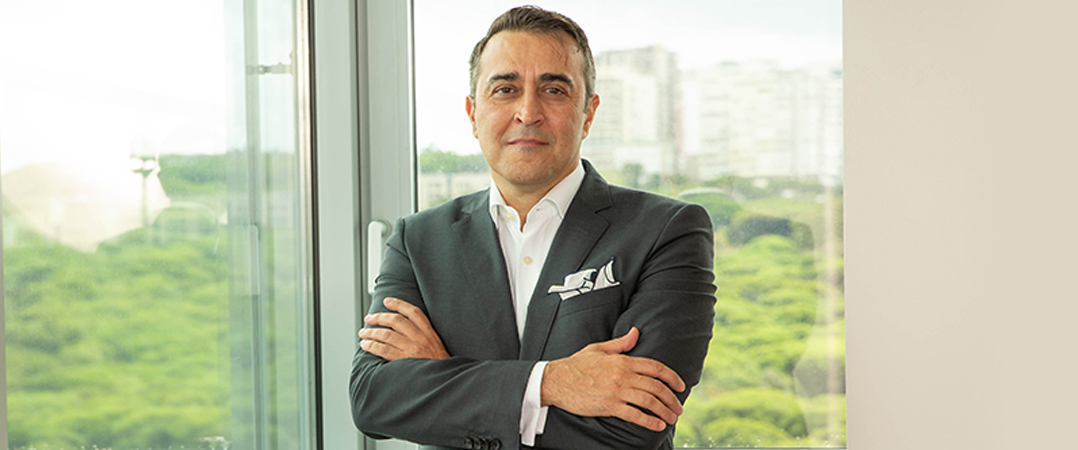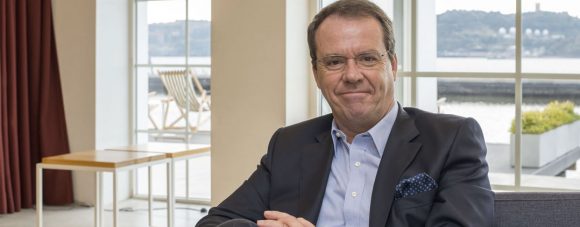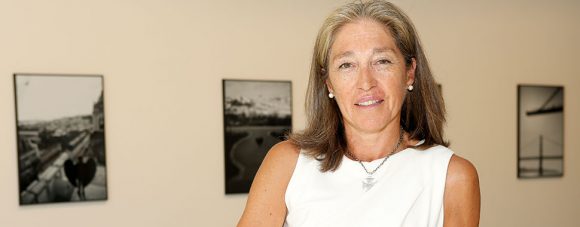Opinião
A força de parar

No meu último artigo escrevi sobre a solidão e a saúde mental na liderança — sobre o peso invisível que acompanha quem carrega responsabilidades no topo. Esse peso não desaparece, mas pode ser melhor gerido. E um dos caminhos mais simples, e ao mesmo tempo mais difíceis de seguir, é o de parar.
Vivemos numa cultura que idolatra a velocidade. O líder é muitas vezes visto como alguém que não descansa, que responde sempre, que está permanentemente “ligado”. Mas a verdade é que sem pausas não há clareza. Sem momentos de paragem não há perspetiva. E sem perspetiva, corremos o risco de viver ocupados, mas sem direção.
Malcolm Gladwell escreveu que “o tempo que passamos a refletir, a ensaiar mentalmente os próximos passos, vale tanto quanto a própria ação”. A liderança não se mede apenas na execução; mede-se também na capacidade de parar para pensar. Daniel Kahneman, Nobel da Economia, reforça a ideia quando fala do contraste entre o Sistema 1 (rápido, intuitivo) e o Sistema 2 (lento, deliberativo). Se não desacelerarmos, ficamos reféns do impulso, do imediato, da reação — e perdemos a profundidade necessária para decidir com sabedoria.
As paragens não servem apenas para descansar. São momentos de balanço, de revisão de planos, de olhar para trás e perceber o que resultou, o que falhou e o que precisa de ser ajustado. É o equivalente, no mundo da gestão, ao que os grandes atletas fazem entre temporadas: analisam a performance, corrigem rotinas, redefinem objetivos. Não é desperdício de tempo; é investimento no futuro.
Tenho sentido isso pessoalmente e observado em muitos outros. Quando o ritmo é ininterrupto, a mente torna-se ruidosa. O medo de errar aumenta, a ansiedade instala-se, e a clareza desaparece. A pausa devolve-nos essa clareza. Devolve-nos o essencial. Como escreveu Pico Iyer, “sem tempo para parar, perdemos a capacidade de ver onde realmente estamos”.
É curioso como, muitas vezes, apenas no silêncio das paragens conseguimos ouvir aquilo que já sabíamos, mas ignorávamos. A intuição reaparece. A visão ganha nitidez. O propósito clarifica-se. E, paradoxalmente, é nesses momentos de aparente inatividade que se tomam as decisões mais transformadoras.
Se a solidão do líder é um risco, como partilhei antes, a paragem pode ser um antídoto. Porque ao parar, abrimos espaço para nos reconectarmos com os outros e connosco próprios. Criamos margem para reconhecer vulnerabilidades, rever caminhos, ganhar fôlego e, sobretudo, reencontrar sentido.
Acredito que o futuro da liderança não se fará apenas de resiliência ou de visão estratégica. Fará também de coragem para parar. Para refletir. Para mudar de direção quando necessário. E para aceitar que parar não é perder tempo — é ganhar futuro.
Versão em Inglês
The Power of Stopping
In my last article, I wrote about loneliness and mental health in leadership — about the invisible weight carried by those at the top. That weight doesn’t vanish, but it can be managed. One of the simplest, and yet most difficult, ways to do so is by stopping.
We live in a culture that idolizes speed. Leaders are often seen as those who never stop, who always respond, who are permanently “on.” But the truth is that without pauses, there is no clarity. Without moments of stillness, there is no perspective. And without perspective, we risk living busy lives, but without direction.
Malcolm Gladwell once wrote that “the time we spend reflecting, mentally rehearsing the next steps, is as valuable as action itself.” Leadership is not measured only in execution; it is also measured in the ability to stop and think. Daniel Kahneman, Nobel Prize laureate in Economics, reinforced this idea when he contrasted System 1 (fast, intuitive) with System 2 (slow, deliberate). Unless we slow down, we become prisoners of impulse, reaction, and immediacy — and we lose the depth required to make wise decisions.
Stopping is not just about rest. It is about balance sheets, reviewing plans, looking ack at what worked, what failed, and what needs adjusting. In management, it is no different from what great athletes do between seasons: they analyze performance, correct routines, and redefine goals. It’s not wasted time; it’s an investment in the future.
I have experienced this myself and witnessed it in many others. When the pace is unbroken, the mind becomes noisy. The fear of failure grows, anxiety builds, and clarity disappears. Pausing gives us back that clarity. It gives us back the essential. As Pico Iyer reminds us, “without time to stop, we lose the ability to see where we really are.”
It is often in silence that we finally hear what we already knew but had ignored. Intuition resurfaces. Vision sharpens. Purpose becomes clear. And, paradoxically, it is in those moments of apparent inactivity that the most transformative decisions are made.
If the loneliness of leadership is a risk, as I shared before, then pausing can be part of the antidote. Because by stopping, we create the space to reconnect — with others and with ourselves. We gain room to acknowledge vulnerability, to rethink our path, to breathe, and above all, to recover meaning.
I believe the future of leadership will not be defined only by resilience or strategic vision. It will also be defined by the courage to stop. To reflect. To change direction when necessary. And to accept that stopping is not losing time — it is gaining the future.








